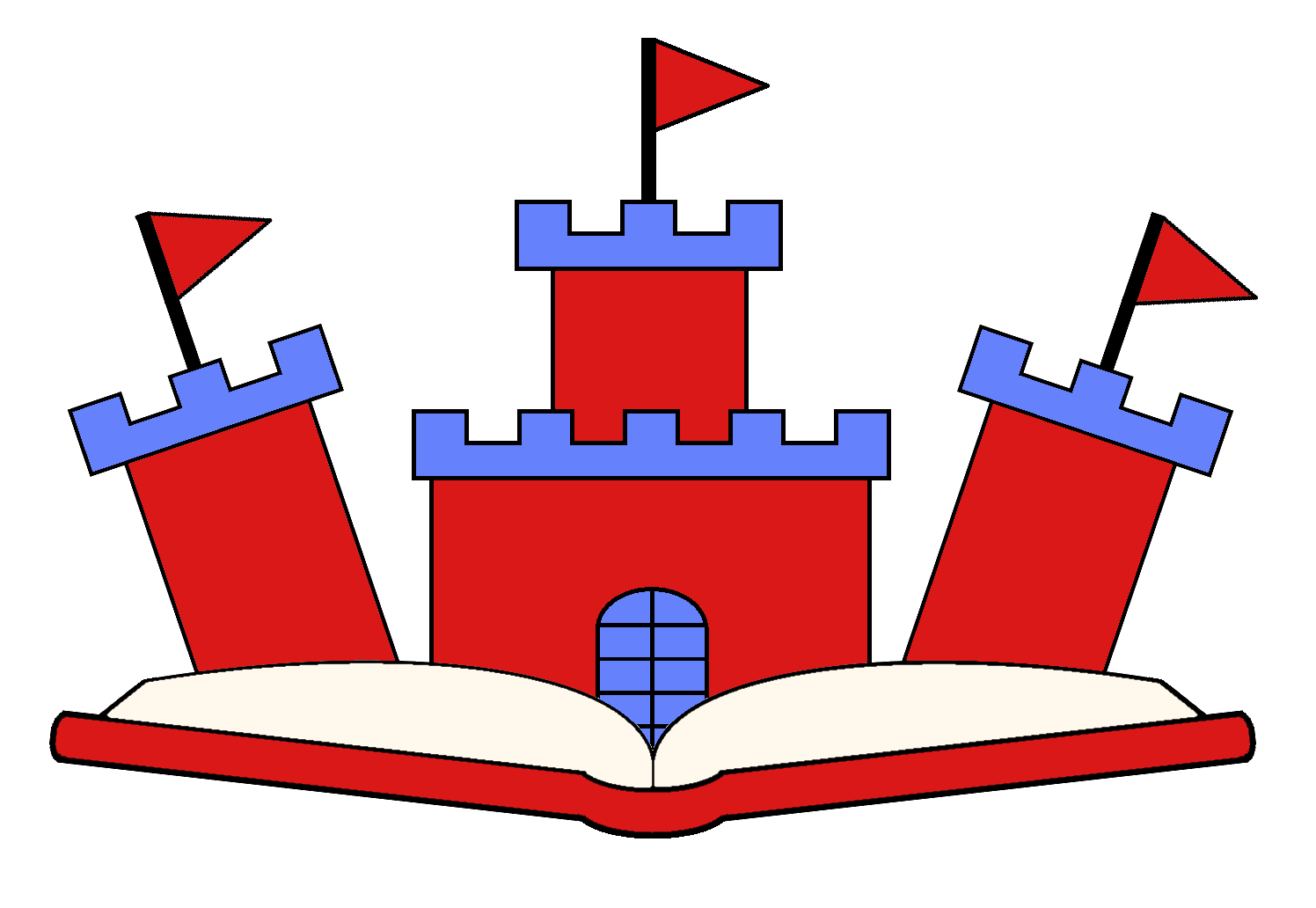Specialization
These are my areas of expertise.
Industry and technology – hydraulics and pneumatics
Even before my career as a translator, I worked as a service specialist in this industry.
I worked at Parker for four years and did various tasks, including office work, but also tasks in the workshop such as repairs and assemblies.
I established and maintained contact with international customers and suppliers, even at international trade fairs. I also maintained regular contact with engineers in order to carry out fault diagnoses, repairs and modifications that required special technical expertise.
Machines I worked on included air compressors, screw compressors, air dryers and many more.
Today, I translate texts relating to hydraulics and pneumatics and, as an interpreter, I accompany business people to meetings where negotiations are conducted or technical matters are discussed.
Business, economy, finance
My translation studies at university were specialized on economics. I was particularly trained to deal with general business texts, and I also learned very much about economics in both German and English modules.
Even long after my studies, economics is a topic that I occupy myself with regularly. I keep track of the current global market and financial situation almost every day.
One area that I find particularly fascinating is finance, especially the stock market. Whether it’s business reports, news or scientific literature – I am always ready to take on this challenging topic.
Literature – short stories, novels, science and technology
I have been translating since 2016 and I started by translating short stories. To this day, I still translate this type of literature.
I benefit from these many years of experience in every area, since translating literature both trains and requires special skills. This includes creativity and a good cultural understanding, as well as the capability to modify sentence structures.
Did you know that the emphasis and therefore the importance of a word depends on where it is placed in the sentence? And did you also know that the position of the most important word in a sentence is completely different in English than in German?
If this is not taken into account in a translation, the resulting sentences may end up sounding bad. In the worst case, they end up being confusing – after all, readers expect the most important information to be in the right place.
If this is not the case, it can even lead to misunderstandings that make reading more tedious. In extreme cases, a frustrated reader might even give up and stop reading.
Even computer programs and artificial intelligence fail to take sentence structure into account, however, I developed numerous techniques that guarantee a successful translation.
By the way – you can read many of the short stories I translated in my private blog. If you would like to read a sample, you are welcome to contact me and I will give you access to the blog.
Apart from fiction, I also translate scientific and technical literature.
